National CAPS Network Promotes Real World Learning
Key Points
-
Students being visible was never the goal, at least not in the traditional way.
-
CAPS believes in “Going where students lead.”
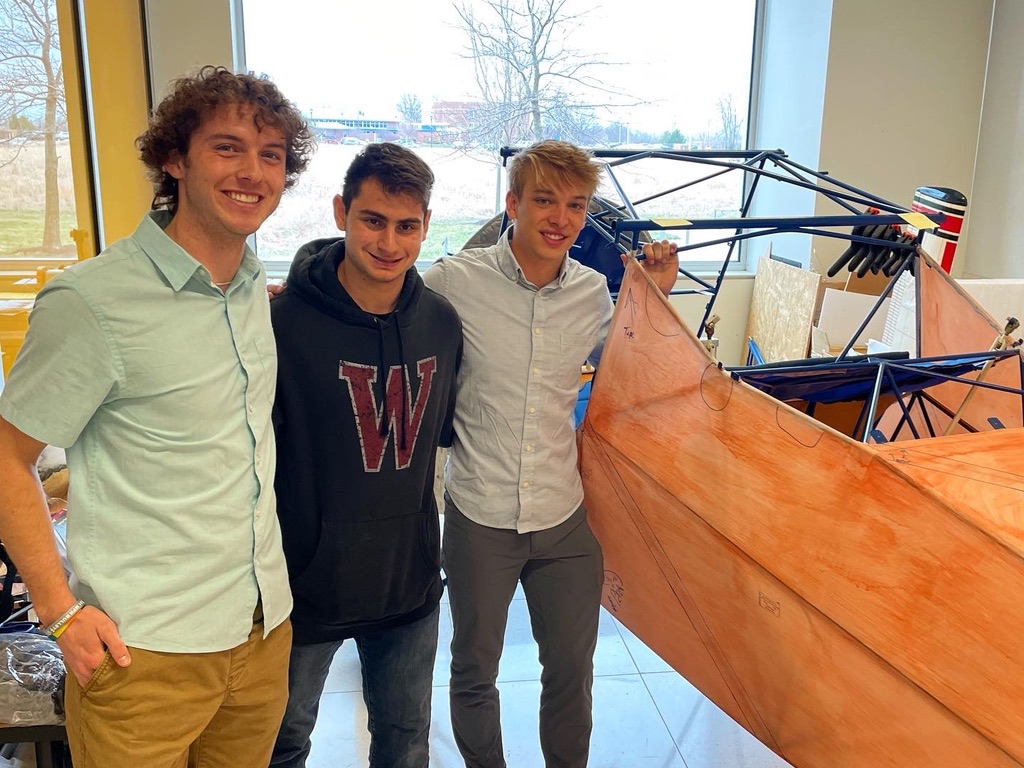
Walking into CAPS you might see high school students building an airplane or developing a software business, they might be running a hospital emergency room or producing a video for a client. You might not see them at all because they are in a field analyzing crop yields or at a business site working with a team on a wicked problem.
Students being visible was never the goal, at least not in the traditional way. CAPS believes in “Going where students lead.” Over the years, students have led all the way from patents to products on store shelves to deep network connections that have yielded enormous gains. Acclaimed author and entrepreneur Clifton Taulbert describes the CAPS experience this way: “Most people try to get outside the box. CAPS destroys the box.”
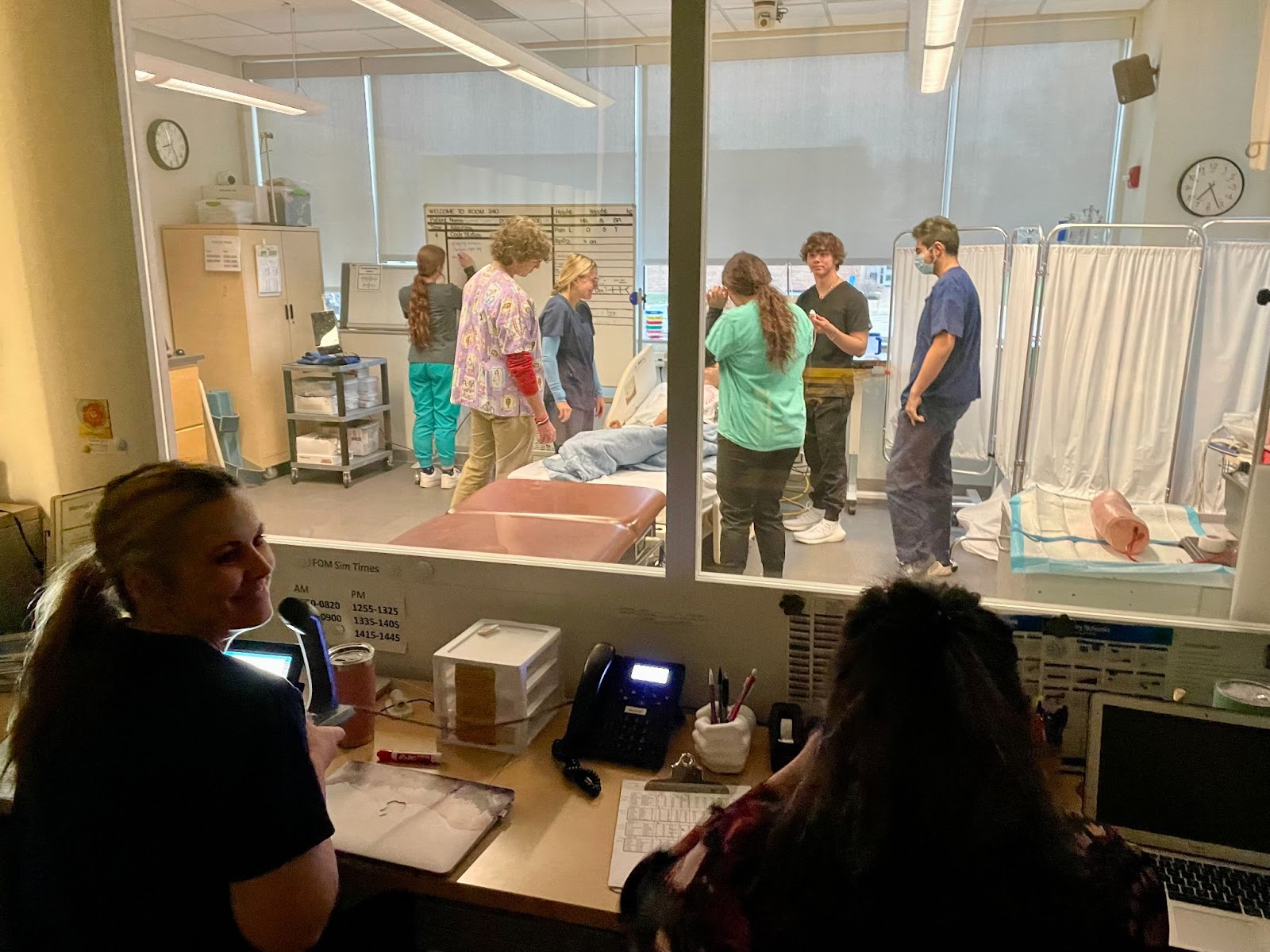
Fifteen years ago Blue Valley Superintendent Tom Trigg knew they could do more to connect young people to meaningful work. His deputy Mike Slagle (now superintendent in Raymore-Peculiar) wrote the plan for CAPS. And Donna McDaniel (now leading Real World Learning at the Kauffman Foundation) launched the Blue Valley Center for Advanced Professional Studies (CAPS) in 2009 as part of the Blue Valley School District in Overland Park, Kansas.
The CAPS program operated in community spaces for the first year. A spectacular new facility (below) opened in 2010.
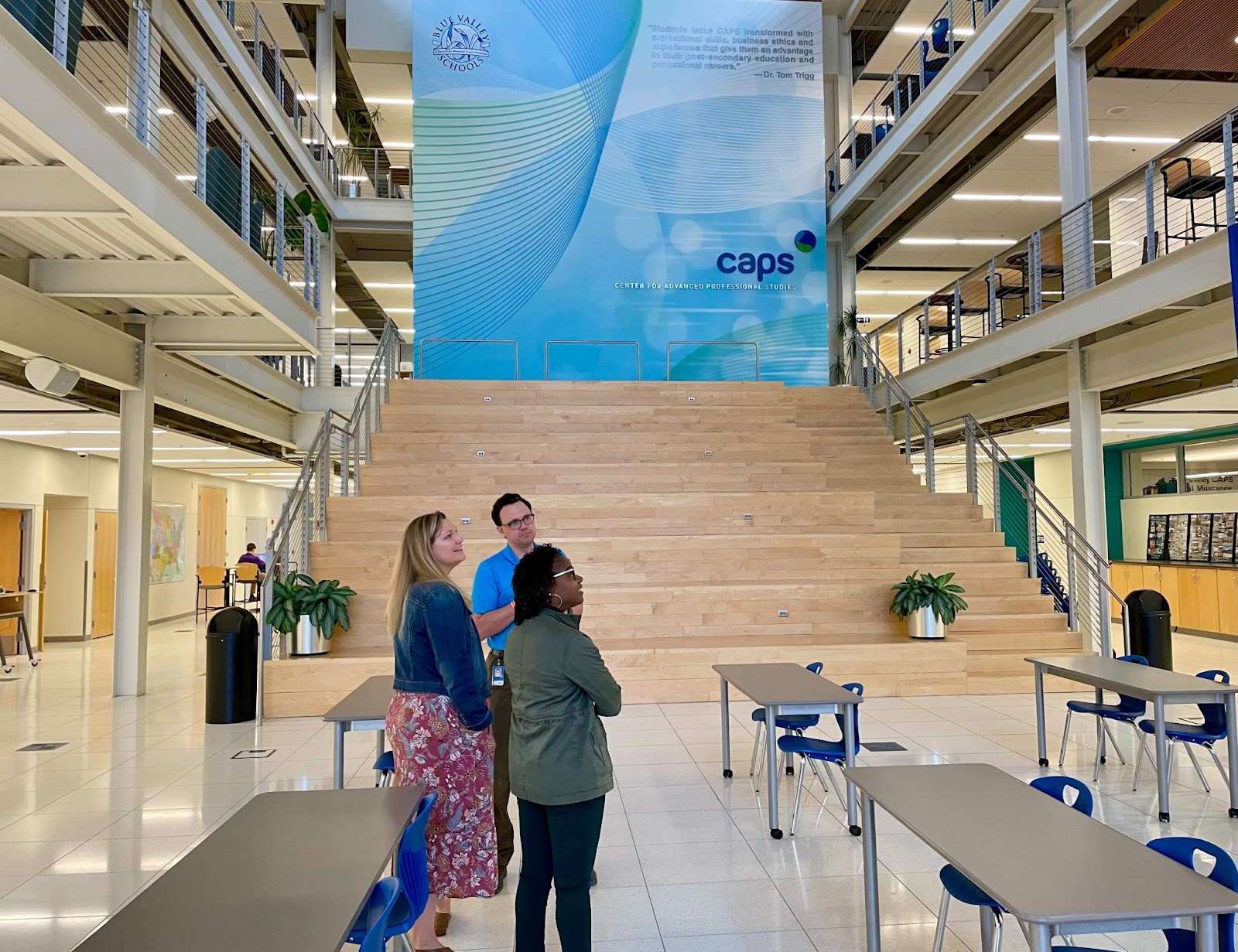
The next generation career accelerator supports five suburban Kansas City high schools with what they call profession-based learning. “Students fast forward into their future and are fully immersed in a professional culture, solving real world problems, using industry standard tools and are mentored by actual employers, all while receiving high school and college credit.”
Within the six career strands, including bioscience, accelerator, business technology & media, engineering, human services and medicine & health care, CAPS learners have the opportunity to conduct client connected projects as well as develop self-directed entrepreneurial experiences.
On a recent visit, we listened to four impromptu entrepreneurial pitches including an app to enhance game play across multiple devices (below), an app supporting teen service providers, an internal auto safety camera and a mobile water filtration system. The impressive demos were backed up by an appreciation for the addressable market, strong product development, and thoughtfully prepared financial projections.
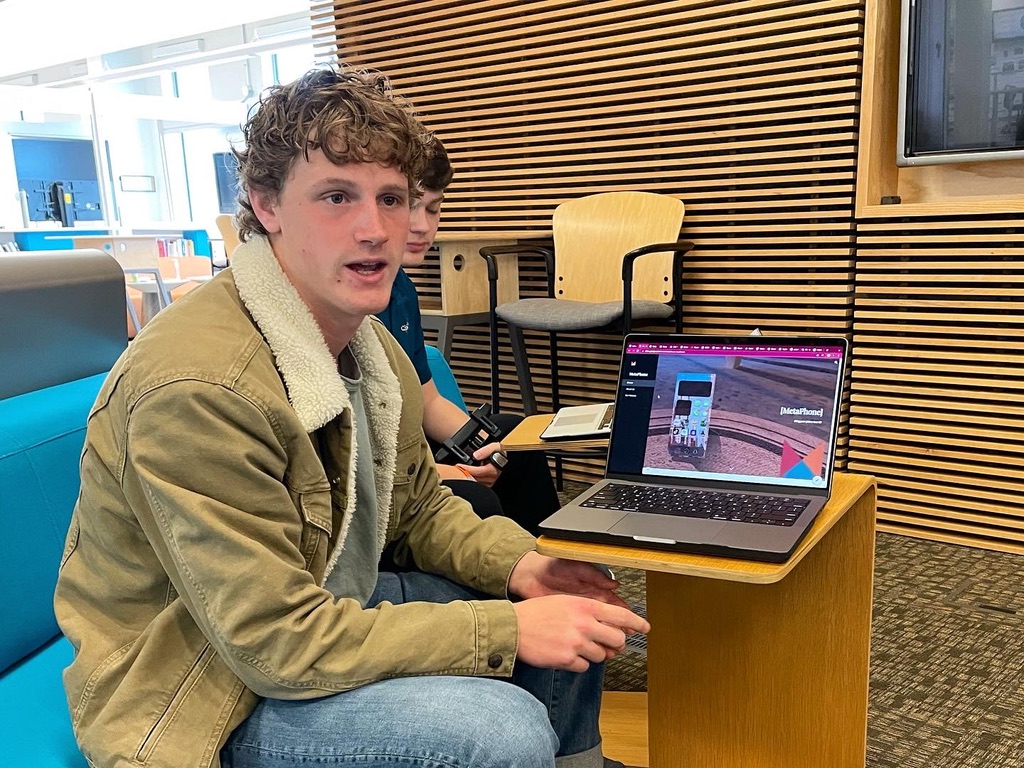
A New Way of Learning
Corey Mohn took over CAPS leadership in 2014. A steady stream of visitors signaled broad interest in the model which combines career education and college prep in community-connected personalized pathways. Mohn, an entrepreneur turned educator, saw the opportunity to develop a network of affiliated programs and by 2018 there were dozens of member programs nationwide.
“Coming to serve CAPS from my work in the entrepreneurial community, it was evident that demand for this model created a massive opportunity to create a robust learning network that was generative, diffused and empowered by local change agents,” said Mohn, now President and Executive Director at CAPS Network. “We wanted to organize and connect all of the nodes of innovation to catalyze more deep and meaningful student experiences across the country and beyond.”
In 2021, the CAPS Network became an independent nonprofit supporting profession-based learning with now 78 locations representing more than 140 school districts. Network members share core values (below), professional learning experiences and advocacy opportunities. Collaboration across the CAPS Network is a priority to consistently extend the learning experiences for all educators. Annually, CAPS educators gather for the CAPS Network Summer Huddle where professional learning is taken to the next level.
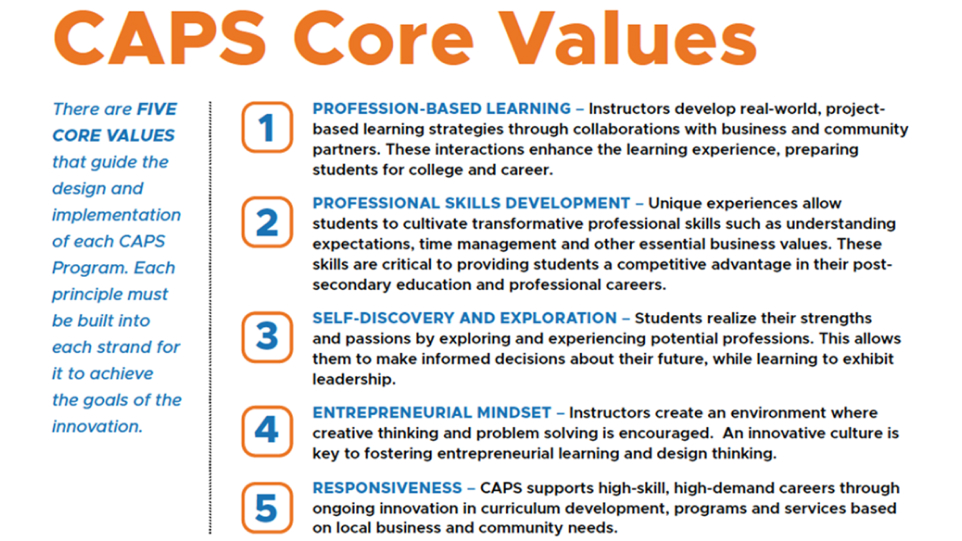
New Website Launch
This week the CAPS Network launched an updated website with a vast amount of open source information about profession-based learning, additional resources for CAPS affiliate members, blogs and podcasts. Site visitors can also stream the CAPS documentary, “Where Students Lead” to understand the CAPS story and its impact on students. The ultimate goal for the new site is to inspire other educators to make the teaching mind shift and realize what is possible for their own students.
To say Mohn and his team are excited about the CAPS website launch is a huge understatement, “We believe this new website will support many others in beginning their journey around authentic and engaging student experiences for their own schools. While it certainly takes intention and hard work to lift up a model like CAPS, we know from experience it can happen in any community where you have educators with a fire in their belly and a business community willing to engage.”
Check out CAPS and the new site. You’ll find inspiration and great resources. You just might want to join the national movement advancing real world learning. You can also check out their film, Where Students Lead.
For more see:
- Corey Mohn and Shameka Montgomery on Next Gen Career Education
- Real World Learning Case Study: Kansas City Region
- How the CAPS Network is Transforming Career Readiness
The New Pathways (#NewPathways) campaign will serve as a road map to the new architecture for American schools, where every learner, regardless of zip code, is on a pathway to productive and sustainable citizenship, high wage employment, economic mobility, and a purpose-driven life. It will also explore and guide leaders on the big education advances of this decade–how access is expanded and personalized, and how new capabilities are captured and communicated. When well implemented, these advances will unlock opportunities for all and narrow the equity gap. You can engage with this ongoing campaign using #NewPathways or submit an idea to Editor using the writing submission form.


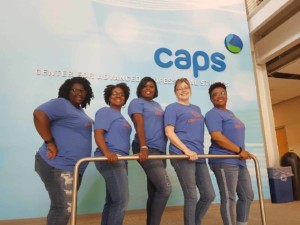
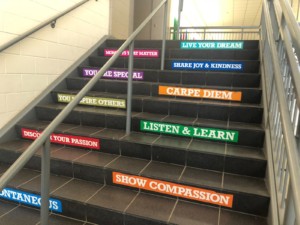

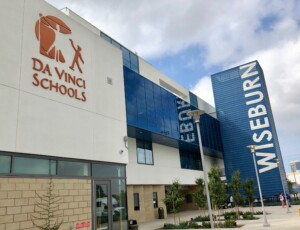
0 Comments
Leave a Comment
Your email address will not be published. All fields are required.